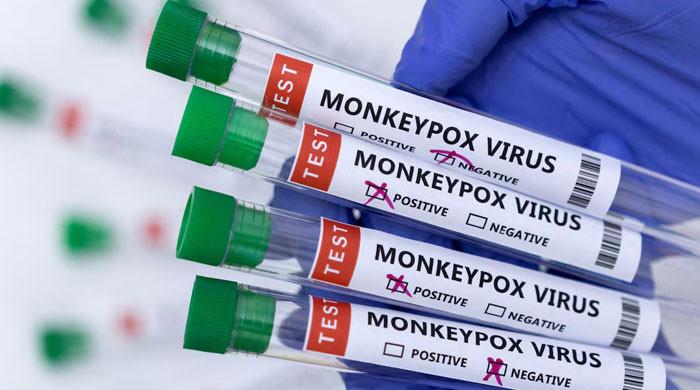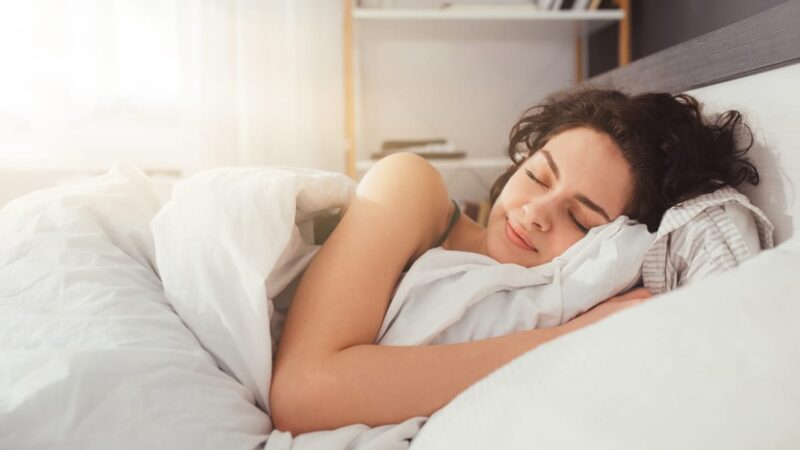For treating depression, exercising is even more beneficial than therapy or pills

Issues related to mental health are very expensive for both the individual and society. Depression and anxiety are two of the main causes of the burden of disease related to health.
An increase in the prevalence of psychological discomfort that affects one third of people is being worsened by the COVID pandemic.
This research emphasises the significance of exercise in controlling these diseases, despite the effectiveness of conventional therapies like therapy and medication.
Almost 1,000 research trials evaluating the benefits of physical activity on psychological discomfort, anxiety, and depression were analysed in a study published in the British Journal of Sports Medicine. Research demonstrated that exercising can be just as effective as taking medicine or getting counselling for mental health problems.
According to earlier systematic evaluations, exercise is roughly 1.5 times more beneficial than either medicine or cognitive behaviour therapy when compared to other popular therapies for mental health disorders.
Exercise is thought to have both short-term and long-term impacts on mental health through a variety of mechanisms. Endorphins and dopamine are released into the brain right after exercise.
This promotes short-term mood enhancement and stress reduction. Over time, the neurotransmitter changes brought on by exercise encourage improvements in mood, cognition, immunological health, and inflammation, all of which have an impact on brain functioning and mental health.
Exercise can result in better sleep, which is important for preventing depression and anxiety. Also, it provides psychological advantages for those who are depressed, including better self-esteem and a sense of success.
While exercise can be a useful strategy for treating mental health disorders, people with a mental health condition should engage with a healthcare professional to build a thorough treatment plan rather than starting a new fitness regimen on their own.
Together with therapies like psychotherapy and medication, a treatment plan could also incorporate lifestyle changes like frequent exercise, a healthy diet, and social interaction.
Exercise, though, shouldn’t be thought of as a luxury. It is an effective and practical tool for treating mental health issues, and the greatest part is that it is free and has numerous other health advantages.






